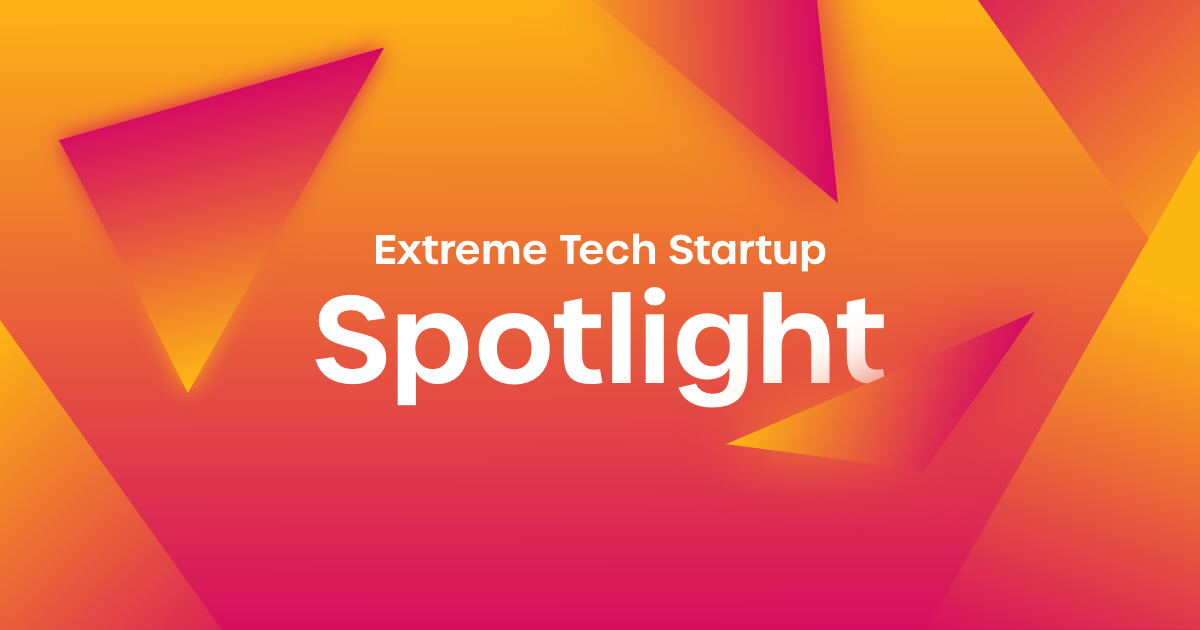This week in our Startup Spotlight blog series is our 2022 XTC Advanced Materials Winner and 2022 World Food Forum Startup Innovation Awards and Better Environment Winner; and Overall Winner – Mi Terro!
Turning Organic Waste into food-safe biodegradable plastics.


Six Questions for Robert Luo, CEO and Founder, Mi Terro of California
Robert, the Founder and CEO of Mi Terro, is a three-time entrepreneur with 2 exits. He has many years of experience in business development, marketing, and sales. He is a Forbes Under 30 Scholar, an Entrepreneur Hall of Fame at the University of Southern California Marshall School of Business, Top Ten Outstanding Chinese American Youth Awards, a recipient of “25 Under 25” by Social Entrepreneur Magazine, a recipient of the All America Chinese Youth Federation “Top 30 Under 30”, a GreenBiz “30 Under 30” honoree, an Eco-Business A-List Youth Honoree, a 2020 APEC Voice of the Future honoree, a SOCAP – Social Capital Markets 2020 Game-Changing Founders of Color, IFSA “25 under 25,” Global Shaker’s Sustainable Fashion Innovator 2019, Global Good Fund Fellow, and Top 100 Asian American Emerging Leaders by theboadiQ. He owns 2 patents.
1. What problem is Mi Terro solving and how?
We are really solving two problems at the same time – agricultural waste and bioplastics. Many agricultural processes generate alot of organic waste on the way to the final consumer food product. We are able to take the organic waste and convert it into biodegradable polymers that substitute for fossil-fuel based plastics. And being biodegradable means that there are no microplastics at end of life to pollute our waterways, so it is really a three-for: eliminating (from our supply stream) agricultural waste, fossil-fuels and microplastic effluent.
2. What is your background that led you to founding Mi Terro?
Interestingly, when I was in high school I hated chemistry and biology so I avoided them entirely in college. But then, in 2018, I visited my uncle’s dairy farm and he had buckets and buckets of dairy by-product waste – such as whey and sludge. He challenged me, almost as a joke – “hey, see if you can sell this to somebody”. That piqued my interest and I started studying all I could via browser search and that just led me down a hole into the world of both biology and chemistry – never say never. And then, once I was down that path, I also come from a very entrepreneurial family. My dad had a phenomenal work ethic and always taught that if you’re going to amount to anything you have to control your destiny and not be an “employee”. So, both those catalysts drove me to find the solution in Mi Terro and then make a strong startup venture out of it.
3. What is unique about your technology and what is the validation status?
One issue is that you’re never just “turning waste into plastic”. There are an endless variety of chemistries across the domain of “plastic”, so the unique value is always what end-product is your process tuned for. Ours is, uniquely, a hydrophilic material – polyvinyl alcohol (PVA). PVAs have come under alot of scrutiny, partly because they are the film that encapsulates the now-ubiquitous detergent pods. So, now Mi Terro has just successfully completed a pilot program with Unilever and ABInBev producing a 100% biodegradable pod capsule film from beer waste. And our work allowed us to raise $1.5M last Spring from a European agtech VC.
4. What are your Go-To-Market ideas and traction received so far?
We will be a B2B play, working with specific partners to stand-up specific projects. We already have 6 clients in the US, EU, Japan and China, buying resin from our own production lab, along with the pilot program just mentioned above.
5. What’s next?
Pretty much just more of everything. We are actively soliciting more direct product sales. We want to extend that pilot program on the laundry pods and we are in late stages of developing a joint venture to optimize scale-up of thin-film production with an American firm.
6. Tell us about your experience with XTC and what were the benefits/takeaways?
XTC has a great media presence that has given us great visibility and branding validation, and what was especially valuable was that it was not just one-and-done. It’s a real continuous community that allowed us to be recognized at their Global Finals in Berkeley in Advanced Materials and then come back a few months later and participate in the United Nations Food and Agriculture Organization’s World Food Forum Startup Innovation Challenge with XTC, where I’m pleased to say we also won, and then get invited to participate in the XTC Pavilion and Startup Battlefield at TechCrunch Disrupt in October. In particular, at the Global Finals we were able to connect with alot of eager purpose-driven students from Berkeley and near-by, who linked up with us afterwards and grew our Mi Terro community. So, XTC is proving to be a great ecosystem for Mi Terro.
Interviewed and edited by John Martin